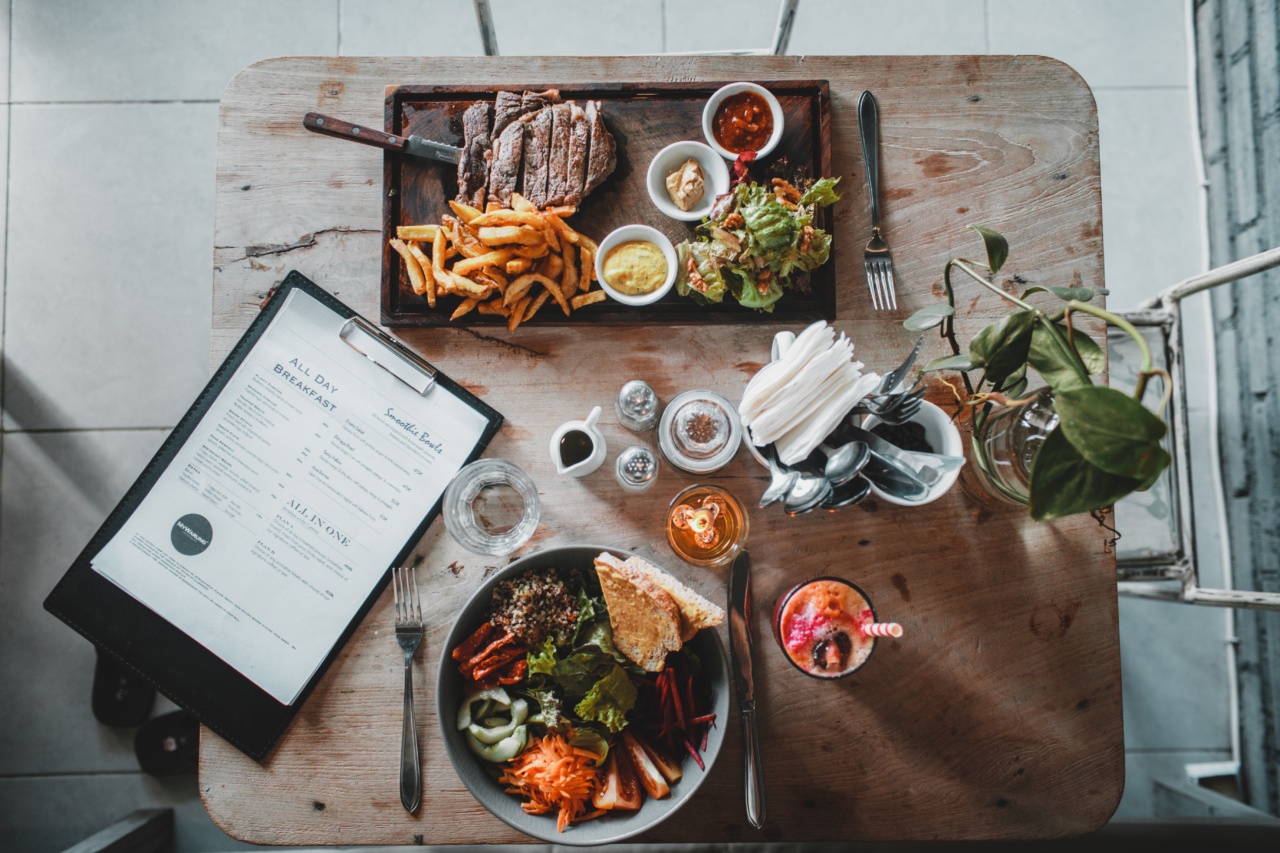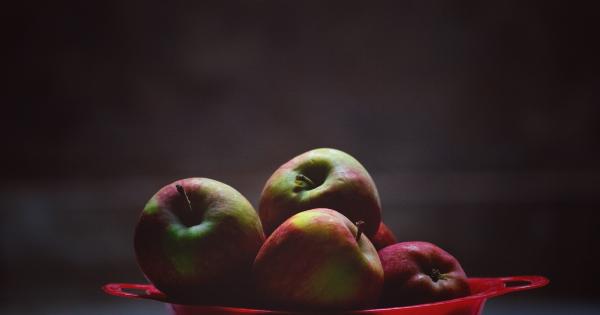Vitamin B12 is a vital nutrient that is required for various bodily functions, including the formation of red blood cells, brain function, nerve health, and the production of DNA.
A deficiency of this nutrient can lead to fatigue, weakness, anemia, numbness, tingling, and memory loss, among other symptoms.
While meat is a primary source of vitamin B12, individuals who follow a vegan or vegetarian diet or have digestive issues that impact the absorption of this vitamin may experience a deficiency.
Fortunately, there are plenty of non-meat sources of vitamin B12 that can help maintain adequate levels of this nutrient. Here are some of the best choices:.
1. Fortified Cereals and Plant-Based Milks
Fortified cereals and plant-based milks are a good source of vitamin B12. Many manufacturers add this nutrient to their products, making them an easy and convenient choice, especially for individuals who follow a plant-based diet.
Be sure to read the labels carefully to check the amount of vitamin B12 present in the product.
2. Nutritional Yeast
Nutritional yeast is a popular ingredient in vegan cooking and is often used to impart a savory, cheesy flavor. In addition to being a tasty addition to meals, nutritional yeast is also an excellent source of vitamin B12.
One tablespoon of nutritional yeast contains approximately 2.4 micrograms of vitamin B12, which is 100% of the recommended daily intake for adults.
3. Fortified Plant-Based Meat Alternatives
With the rise in popularity of plant-based diets, there are now many meat alternatives on the market that are fortified with vitamin B12.
These products are made from a variety of ingredients, including soy, pea protein, and wheat gluten, and are often indistinguishable from traditional meat products in taste and texture.
4. Nori
Nori is a type of seaweed that is commonly used in sushi rolls. It is also a good source of vitamin B12, with approximately one sheet providing 2.4 micrograms of this nutrient.
Nori can be enjoyed on its own as a snack or used as a flavorful ingredient in various dishes, such as soups, salads, and stir-fries.
5. Shitake Mushrooms
Shitake mushrooms are a delicious and nutritious ingredient that is used in many cuisines around the world. They are also a good source of vitamin B12. Approximately 100 grams of cooked shitake mushrooms contain 0.5 micrograms of vitamin B12.
6. Chlorella
Chlorella is a type of green algae that is rich in nutrients, including vitamin B12. This superfood is available in various forms, including tablets, capsules, and powders, and can be easily incorporated into smoothies, juices, or other recipes.
7. Tempeh
Tempeh is a fermented soy product that is high in protein and also a good source of vitamin B12. This meat alternative can be used in a variety of dishes and is similar in texture to meat.
8. Tofu
Tofu is a versatile protein source that can be used in a variety of dishes. It is also an excellent source of vitamin B12, with approximately 0.5 micrograms of this nutrient per 100 grams of tofu.
9. Almond Milk
Almond milk is a popular dairy-free alternative to cow’s milk, and many brands are fortified with vitamin B12. It is a good option for individuals who are lactose intolerant or follow a vegan or vegetarian diet.
10. Soy Milk
Soy milk is another popular dairy-free milk alternative that is often fortified with vitamin B12. It is an excellent source of protein and can be used in recipes that call for milk.
Overall, there are plenty of non-meat sources of vitamin B12 that can be incorporated into a balanced and healthy diet.
Whether you follow a vegan or vegetarian diet or have digestive issues that impact the absorption of this nutrient, incorporating these foods into your diet can help you maintain adequate levels of vitamin B12 and promote optimal health.





























